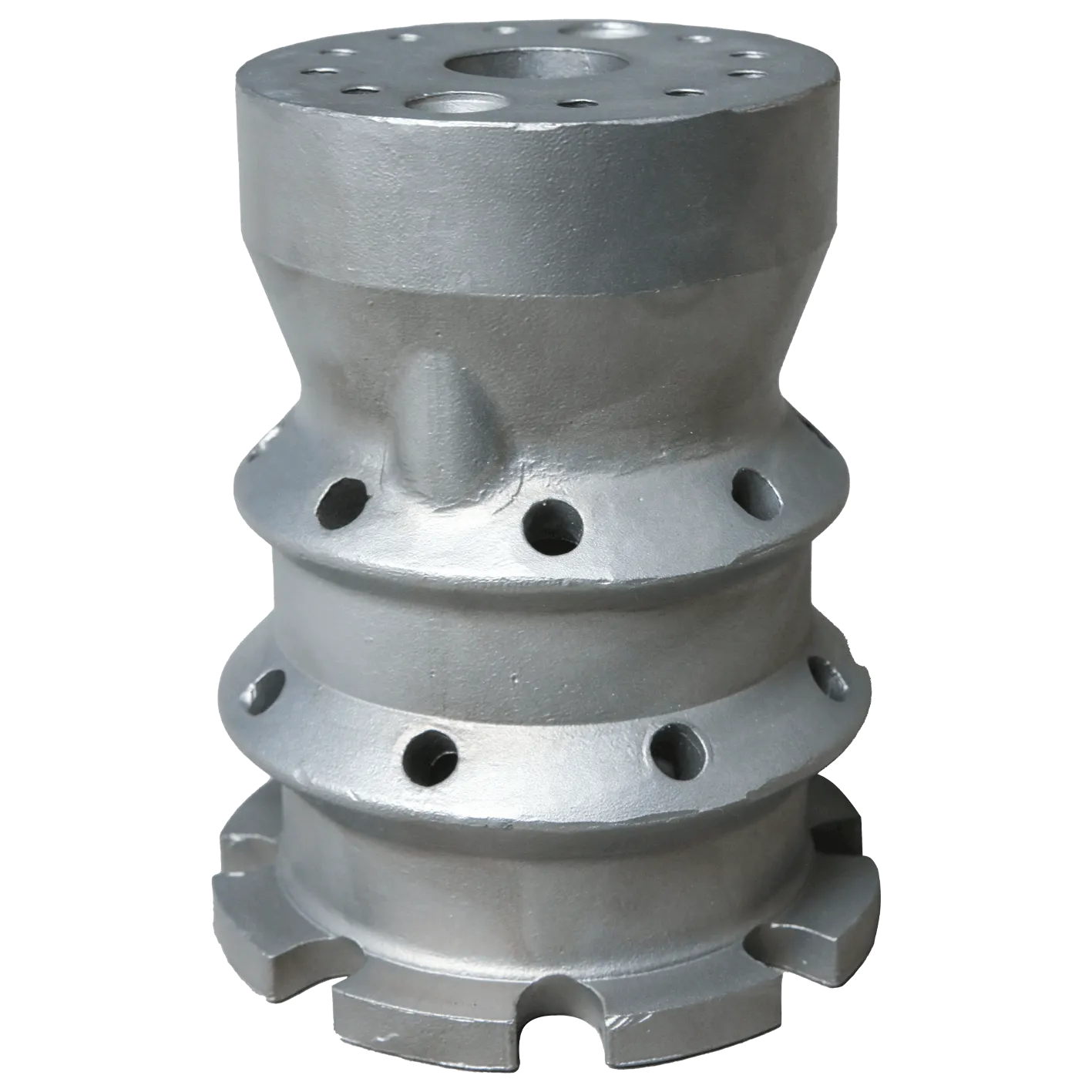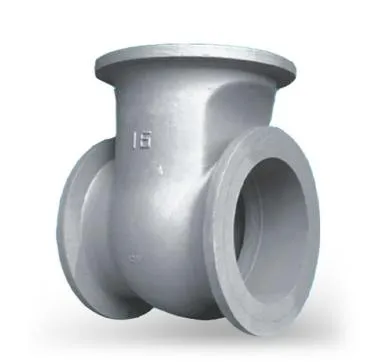Mobile:+86-311-808-126-83
Email:info@ydcastings.com
English
Where to Buy Metal Online Premium Aluminum Casting & Sheets
- Understanding Global Metal Procurement Challenges
- Data-Driven Analysis of Industrial Metal Demand
- Technical Advantages in Modern Metal Distribution
- Comprehensive Supplier Comparison Matrix
- Customizable Procurement Solutions Breakdown
- Success Stories Across Key Industries
- Streamlining Where to Buy Metal Projects

(where can i buy metal)
Solving the Where Can I Buy Metal Dilemma for Professionals
Locating reliable metal suppliers presents complex challenges for engineers and procurement specialists. Global metal markets fluctuate significantly, with aluminum spot prices experiencing 32% volatility in Q1 2023 according to London Metal Exchange reports. Industrial buyers must navigate quality inconsistencies across suppliers, minimum order requirements often exceeding $15,000, and varying lead times that impact project scheduling. Beyond cost considerations, material certifications like AMS or ASTM specifications become critical for aerospace or medical applications. The question of where to buy metal extends beyond simple geography to encompass technical compliance, supply chain resilience, and commercial viability.
Industrial Metals Consumption Patterns and Projections
Automotive manufacturing accounts for 27% of global aluminum consumption, while construction represents 25% according to World Bureau of Metal Statistics. Technological evolution continues reshaping material requirements:
| Industry | Annual Growth Rate | Primary Materials | Delivery Time Sensitivity |
|---|---|---|---|
| Aerospace | 5.8% | Aluminum alloys, Titanium | Critical (24-48hr) |
| Renewable Energy | 12.3% | Structural steel, Copper | High (3-5 days) |
| Consumer Electronics | 7.1% | Aluminum casings, Specialty alloys | Moderate (1-2 weeks) |
| Medical Equipment | 9.4% | Stainless steel, Cobalt-chrome | Critical (24-72hr) |
The shift toward sustainable manufacturing correlates with increased secondary aluminum usage, with recycled content now comprising 75% of certain North American automotive components. Custom aluminum can casting operations for specialized packaging grew 14% YoY as consumer goods manufacturers seek distinctive container solutions.
Technological Evolution in Metal Distribution
Modern metal procurement benefits from traceability systems powered by blockchain technology adopted by 68% of ISO-certified suppliers. Advanced logistics networks incorporate real-time GPS tracking across 92% of premium shipments, while predictive algorithms help anticipate regional material shortages 30 days in advance. For specialized applications like aluminum can casting, digital twin simulations now enable virtual prototyping that reduces physical sampling costs by 45%. Plasma spectrometry provides instantaneous material verification, replacing traditional 72-hour lab testing with immediate handheld analysis that confirms composition before acceptance. Digital inventory dashboards synchronize across supplier networks, displaying current stock levels of 6061 aluminum alloys at over 300 locations globally with 98.7% accuracy.
Evaluating Top Metal Suppliers
Procurement teams benchmark suppliers across multiple dimensions beyond basic pricing. Evaluation criteria include certification breadth, specialized processing capabilities, and sustainability metrics that increasingly affect regulatory compliance:
| Supplier | Material Specializations | ISO Certifications | Cutting Tolerance | Sustainability Score |
|---|---|---|---|---|
| IndustrialMetals Global | Aerospace alloys, Copper | 9001/14001/13485 | ±0.003" | 94/100 |
| Allied Alloys Inc | Aluminum casting, Extrusions | 9001/14001 | ±0.005" | 87/100 |
| Precision Metalworks | Tool steel, Titanium | 9001/13485 | ±0.0015" | 78/100 |
| OmniSource Recycling | Recycled aluminum, Scrap | 14001/R2v3 | N/A | 99/100 |
Custom fabrication capabilities represent another differentiation factor, with leading providers maintaining waterjet cutting accuracy within 0.001" and operating dedicated aluminum can casting facilities with ≤0.15% porosity rates across production runs.
Tailored Procurement Architecture
Strategic sourcing arrangements now include bonded inventory programs where suppliers maintain customer-specific stock onsite, reducing critical material lead times from weeks to hours. Progressive manufacturers implement tiered partnerships:
- Basic Partnership: Standard documentation with 4-day guaranteed quotes
- Silver Tier: Dedicated account managers with material testing reports
- Gold Collaboration: Consignment inventory + quarterly process optimization reviews
- Platinum Integration: API connectivity with ERP systems + predictive replenishment
For specialized requirements like custom aluminum can casting, these programs integrate engineering support at the design phase. Technical teams jointly develop mold tooling that improves production efficiency by up to 40%, while volume commitments secure raw material price protections during market volatility.
Industry-Specific Implementation Case Studies
A Tier 1 automotive supplier reduced chassis production costs by 18% through regional mill partnerships securing closed-loop aluminum recycling. By consolidating three regional suppliers into a master service agreement, they eliminated $560,000 in redundant quality testing annually. Medical device manufacturer Stryker implemented proprietary inventory algorithms with their metals provider, achieving 99.1% material availability while reducing on-hand inventory by 37%. Beverage packaging leader Ball Corporation collaborated on aluminum can casting innovations achieving 0.08mm thickness consistency – 22% thinner than industry standard while maintaining structural integrity through advanced alloy composition.
Mastering Where to Buy Metal for Project Success
Successful metal procurement balances technical requirements with supply chain strategy for long-term operational advantages. Industry leaders implement three-dimensional evaluation frameworks examining cost variables beyond unit pricing, including waste reduction opportunities, inspection efficiencies, and risk mitigation value. The evolution from transactional purchasing to integrated supply partnerships delivers measurable project benefits: 28% faster time-to-market for new products, 15-22% reduction in quality incidents, and capital efficiency improvements from 30-45% inventory reduction. Building relationships with technically-capable suppliers transforms the question of where can I buy metal into sustainable competitive advantage.

(where can i buy metal)
FAQS on where can i buy metal
Q: Where can I buy metal for industrial projects?
A: Metal suppliers like Metal Supermarkets or Alro Steel offer a variety of metals for industrial use. Online platforms like eBay or Alibaba also provide bulk purchasing options. Check local industrial supply stores for immediate needs.
Q: Where to buy metal sheets or rods locally?
A: Local hardware stores (e.g., Home Depot or Lowe’s) often stock basic metal sheets and rods. Specialty metal suppliers or welding shops may offer more specific grades. Use online directories like Yelp to find nearby providers.
Q: What are the best online platforms to buy metal?
A: Websites like Metals Depot, OnlineMetals, and Alibaba are popular for purchasing metals. Amazon and eBay also sell smaller quantities for DIY projects. Compare prices and certifications before ordering.
Q: Where can I buy aluminum for casting DIY projects?
A: Scrap yards or metal recycling centers often sell affordable aluminum for casting. Online retailers like Rotometals provide pure aluminum ingots. Ensure the aluminum is clean and free of impurities for optimal results.
Q: How to source aluminum cans for metal casting?
A: Collect used aluminum cans from recycling bins or local recycling centers. Clean and melt them in a furnace for small-scale casting. Note that can aluminum has lower purity and may require flux for better results.
-
Materials Used in Manufacturing Cap End Pipe FittingsNewsNov.24,2025
-
Material Properties of CF8M CastingNewsNov.24,2025
-
How to Inspect Pump Cap Ends for DamageNewsNov.21,2025
-
Backward Curved Impeller – Efficient Airflow Solutions for Industry | YD CastingsNewsNov.21,2025
-
Automobile Water Pump - Efficient, Quiet, Durable & ElectricNewsNov.21,2025
-
Impeller for Pumps – High-Efficiency, Durable, OEM-ReadyNewsNov.21,2025











